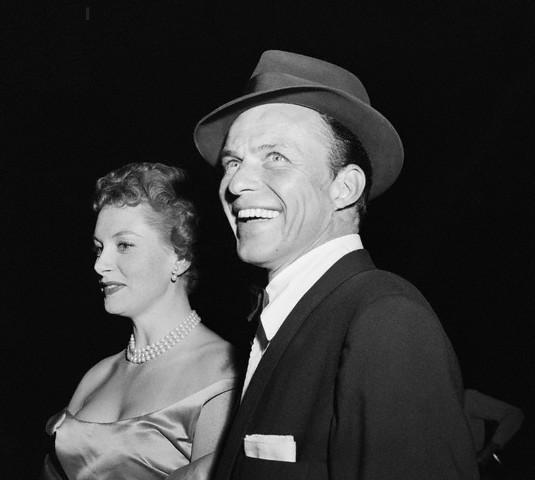
Frank Sinatra and his everlasting charm still dwell among us, 25 years after his death. His voice is alive and well, enchanting listeners in all contexts.
Be it at romantic dinner, during a wedding reception, at a cocktail party or as a movie soundtrack, Sinatra’s songs transport listeners back to a time where the intermingling of tunes, instruments, and vocal cords that characterizes his style was the music of the day. Though the technicality of his art can be clearly pinpointed to a time in history, the content of his songs are just as relevant today as they were during his lifetime.
Born and raised in Hoboken, New Jersey, and the son of two immigrant parents from Genoa, Italy, Sinatra was a prodigy. Sinatra’s mother left a profound impression on him from a very young age. Although quite firm and at times even harsh, Natalie Della Garaventa had an unparalleled drive to always be better, as Sinatra put it. This can serve as a clue as to why he always strived for perfection in his art, which to him felt attainable through hard work.
Based on testimonies given during the “Sinatra: All or Nothing at All” documentary, Sinatra despised the middle ground, gray areas, and being “good enough” was never, in fact, good enough to him. He had to be immaculate in everything he did. He was as meticulous about his appearance as he was about performing his songs. He dedicated the same amount of care to his craft. While Bing Crosby was the one who introduced the concept of conversational music to mainstream culture, Sinatra picked up on that and successfully expanded in a way that became a lot more personal. As Tony Bennett, a good friend of Sinatra, shared, you could live Sinatra’s life through his performances.
Yet Sinatra’s shows were much more than beautiful melodies. How he transmitted the songs and emotions was just as important to him. Bennett’s account of his performances is that “he was the two masks of the theater — the comedy, the tragedy. Underneath it all, he was a very very sensitive, nice person.” Seemingly theatrical yet still real and relatable, Sinatra played what struck many as a versatile character, yet the true wonder is that the character was never truly divorced from himself. On stage, everything seemed perfectly controlled.
There is no question that Sinatra, who missed the births of two of his children for work purposes, prioritized his career over his family responsibilities. He also was caught up in several scandals involving his personal life choice as they pertained to his marriages and divorces. Despite all of that, whenever at home, Sinatra was loving towards his family and had the reputation of a charitable man, who would always go out of his way to help others when needed. During his acceptance speech for the Jean Hersholt Humanitarian Award delivered at the 1971 Academy Awards ceremony, Sinatra shared that “if you don’t know the guy on the other side of the world, love him anyway, because he’s just like you. He has the same dreams, the same hopes and fears. It’s one world, pal. We’re all neighbors.”
David Hume disclosed in his 18th century philosophical piece “Of the Standard of Taste”, that he believes in several steps that, if followed by those trying to make judgements of taste, would lead to much more intersubjective agreement on what constitutes great art than one would initially think possible. One of his four tests was the test of time which he saw as serving the purpose of distinguishing from the momentary appeal of certain instantiations of art to everlasting value. In his own words:
Authority or prejudice may give a temporary vogue to a bad poet or orator, but his reputation will never be durable or general. When his compositions are examined by posterity or by foreigners, the enchantment is dissipated, and his faults appear in their true colors.
Frank Sinatra sets a high bar for posterity, as evident through his songs that continue to delight and inspire us to live a life meant to be lived.
The Romanian poet Nichita Stănescu once said that:
The only real things, the only things we take with us, after all is well and done, are our own feelings, our loves, our passions, our sorrows and adversities. I wonder: we, at the end of our lives, what would we leave behind? I guess we would leave some feelings. Maybe a little hate, some passion, but… love especially.
Frank Sinatra still lives through what he left behind: some passion, but love of music, especially.

